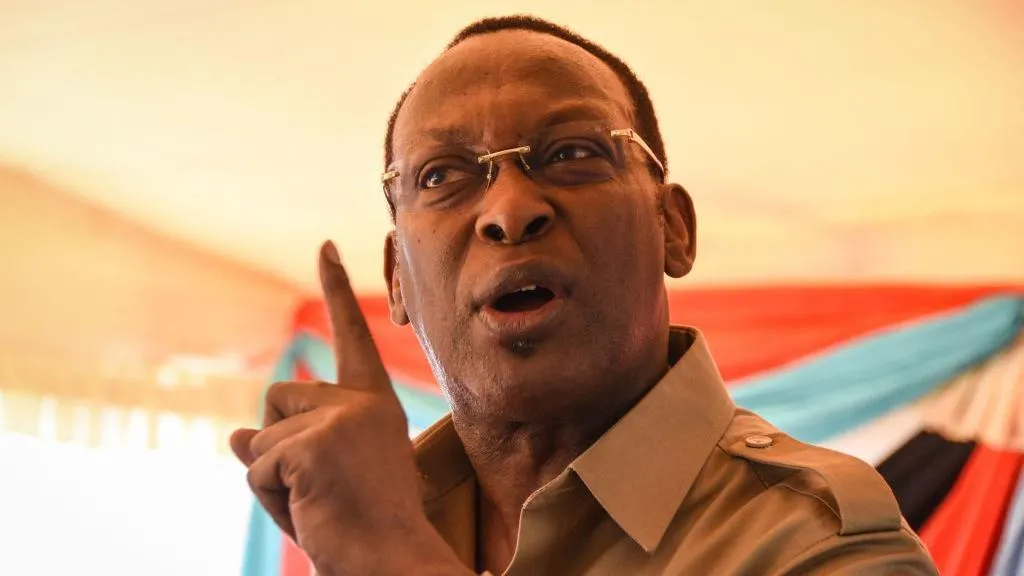Tanzania’s Opposition Leaders Arrested Amid Protest Crackdown
2 min read
Tanzania opposition leaders detained amid protest ban.

Tanzania opposition leaders detained amid protest ban.
In Tanzania, two prominent leaders of the main opposition party, Chadema, were among 14 members arrested as police sought to prevent a banned demonstration in Dar es Salaam. Chadema’s chairman, Freeman Mbowe, was taken into custody just as he was preparing to lead what he described as a “peaceful protest.” Additionally, police descended on the home of the party’s deputy leader, Tundu Lissu, arresting him with a convoy of 11 vehicles.
The detentions have raised alarms among critics who fear a return to the oppressive political climate reminiscent of former President John Magufuli’s era. Chadema organized the demonstrations to protest alleged killings and abductions of opposition figures, events that have stirred public outcry.
In response to the planned protests, President Samia Suluhu Hassan warned against any actions that might disrupt public order, asserting that her administration would not tolerate demonstrations. Despite police declaring the protests illegal, Chadema vowed to proceed with their plans.
Before his arrest, Mbowe expressed the challenges faced by opposition leaders, stating, “We’re paying the full price of democracy… as opposition leaders, we have to show the way.” Reports from local news outlet The Citizen indicated that journalists covering the protests were also being detained, further illustrating the tense atmosphere.
On the morning of the protests, police restricted access to the homes of both Chadema leaders in Dar es Salaam, questioning residents about their intentions to participate. Since Saturday, riot police had been deployed on key roads throughout the city to deter demonstrators.
While President Samia lifted a ban on opposition gatherings last year and pledged to promote competitive politics, the recent actions against opposition members signal a potential backslide on promises of political freedom. Rights groups and political analysts worry that these tactics are aimed at intimidating opposition figures ahead of local elections in November and the general election scheduled for October 2025.
As tensions escalate, the situation raises critical questions about the future of political discourse and civil liberties in Tanzania.